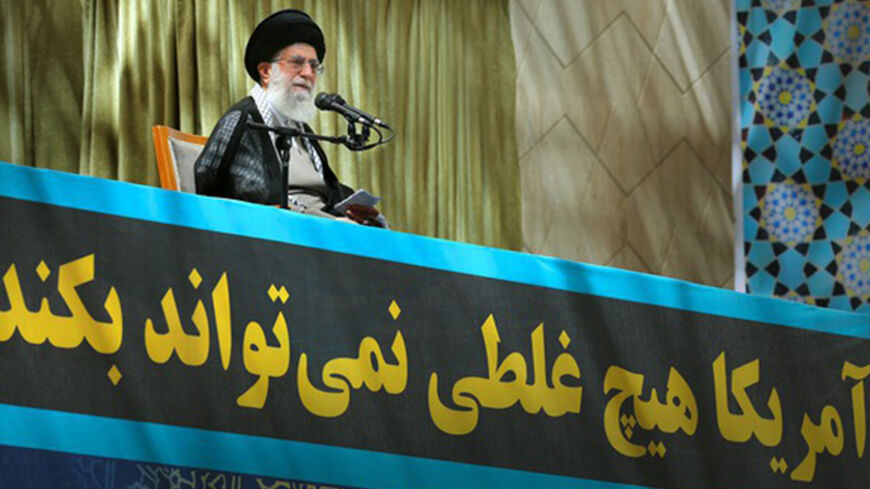Iran’s Supreme Leader Ayatollah Ali Khamenei said that the United States has given up on making a military strike against Iran and will be pursuing other means to influence the country. He also said that despite the efforts of the West, the "Islamic Awakening" is not defeated. When protests began in the Middle East and North Africa, they were dubbed the Arab Spring. Many Iranian officials however, viewed them as a continuation of the 1979 Iranian revolution, thus giving them the name “Islamic Awakening.”
“A military attack from the viewpoint of the Americans is not a priority,” Ayatollah Khamenei said in a speech June 4, the 25th anniversary of the passing of former Supreme Leader Ayatollah Ruhollah Khomeini. “They have understood that in Afghanistan and Iraq, after a military invasion, they were harmed. Therefore, it can be said that they have given up on the military attack.”



